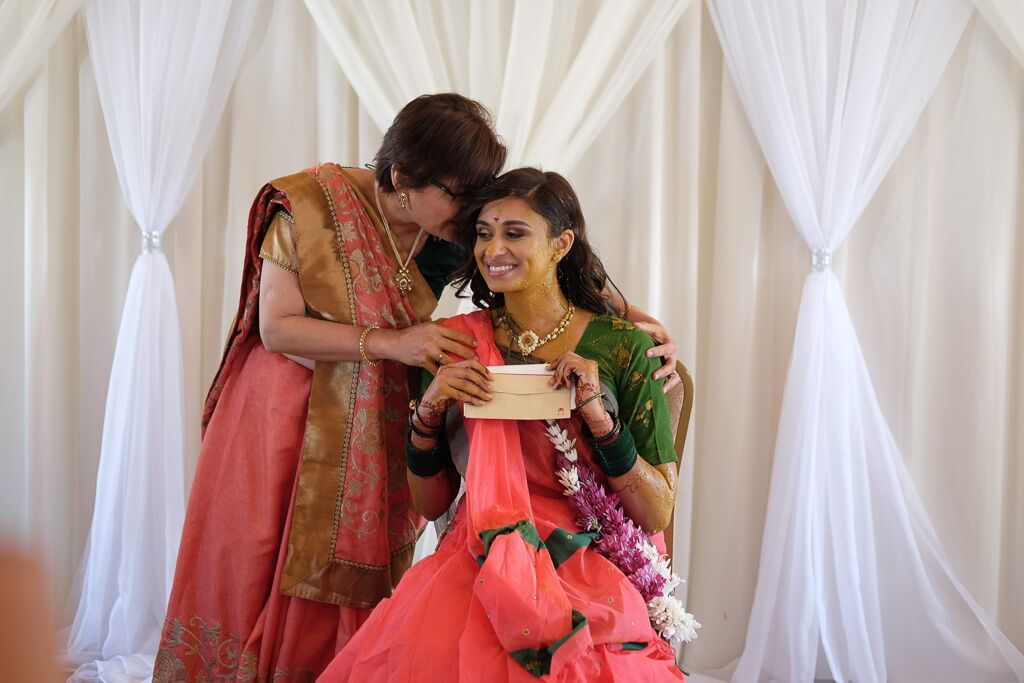Popular chanlo value of Rs. 101 is linked to year 1890 reform
July 17, 2021
Japan K Pathak
In this first season of History series, I am republishing some carefully selected old reporting/articles of historical value, curated from over 100 years old records. Such articles though deserving, never got placement in any book, journal or even Google search engine through all these years. They were once published and forgotten. After over a century, I am collecting such writings and putting them here with opening remarks on their historic value.
__________________
Presenting cash in values of Rs. 11, 51, 101, 251, 501 etc. as blessings on auspicious occasions to younger ones and relatives is very popular custom among us in Gujarat (and even elsewhere in other States). The cash amount presented is called chanlo in Gujarati (pronunciation – chaanlo).
A brief news report dated 4 February 1890 in a daily mentioned that British administration had as a compulsory marriage reform, mandated ceiling of Rs. 101 value for chanlo for Kadva cultivators of the Ahmedabad and Kheda districts of Gujarat.
So whether popular sum of Rs. 101 for chanlo in present days had its origin in this British order? Whether the other popular values of chanlo such as Rs. 51, 21, 11 also came up later in the style of Rs. 101 ceiling fixed by the administration?
I have not reached any conclusion. May be Rs. 101 chanlo value was popular even before this order. It requires more research on this. The amount of Rs. 101 at least could have achieved recognition after this order.
The article is presented below in full text:
Compulsory Marriage Reform
Another blow at extravagant expenditure on native marriages has been delivered, this time by the Government, which has laid down certain rules for regulating marriage expenses among the Kadva cultivators of the Ahmedabad and Kaira districts of Bombay. Not long ago, it will be remembered, a very successful reform in the same direction was carried out by the efforts of Colonel Watler in Rajputana.
The new rules are imposed by the Governor – General in Council, under an Act of 1870, aimed at the prevention of the murder of female infants ; and in the most minute manner lay down the minimum and maximum cost of the various gifts and ceremonies customary among the villagers concerned.
Thus the chanlo to be given at betrothal (engagement ceremony) by the father or guardian of the bride-groom is not to exceed one rupee and seven betel nuts : the chanlo payable at marriage, as between the same parties, may be one rupee, but must not exceed Rs. 101 ; the value of cocoa-nuts to be distributed among the marriage party shall not exceed ten rupees ; the gift to be paid at the time of prostration of the bride before her mother-in-law shall not exceed seven rupees ; only five dinner parties (dasaiyan) are to at most be given to the bridegroom’s family, and the number of guests at each shall not exceed twenty-five ; and the expenses of the marriage party going to the bride’s village are not to exceed thirty rupees.
Such a minute regulation of les noces (wedding) among the Ahmedabad and Kaira cultivators is a novel departure which naturally suggests the question why, if the Government can safely interfere in Kaira and Ahmedabad, it cannot do so in other districts also?
Related Stories
1911 Ahmedabad: A strict Mohammedan bearer will never let us see a Hindu temple, writes a British traveler
1857 Ahmedabad: Eye witness account of public execution of 18 revolutionaries
Surat had surpassed Ahmedabad for a century; An 1861 report gives reasons of its rapid decline later
1894 Ahmedabad: At entrance of Jama mosque was a tain idol, for faithful to tread on
Champagne dashed on 'Enterprize' marked start of Ahmedabad's first Mill
Surat 1870s: Trade guild would shut all shops but one to raise common purse
Recent Stories
- RIL reports Rs 21,243-crore profit for Q4 FY2023-24; EBITDA up 16.1%
- AIMIM to not contest in Lok Sabha elections from Gujarat
- 35 including 10 minors take Deeksha in Ahmedabad embracing monkhood
- Firing at Salman's House: Mumbai Crime Branch searches for gun in Surat's Tapi River
- Vehicles with White LED Headlights to face action; Ahmedabad RTO begins drive
- Surat Lok Sabha seat BJP candidate wins unopposed
- BJP leaders in talks with Kshatriya community members
